How Does Alcohol Affect Your Body And Sleep?
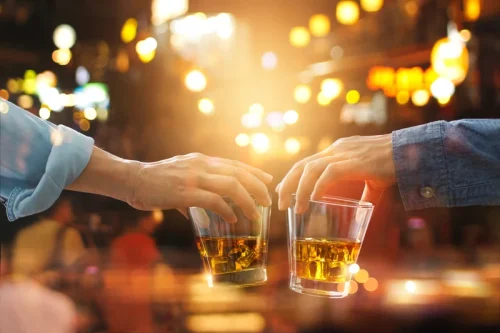
Lack of sleep can heighten the brain’s stress response, which may lead to chronic nervous system overactivation. Studies suggest that a lack of sleep may be related to several anxiety disorders and an increase in feelings of anxiety in general. Regular physical activity can improve sleep quality and help counteract the negative effects of alcohol on sleep. Alcohol withdrawal leads to reductions in deep sleep and abnormalities in REM sleep.
Can You Get Anxiety from a Hangover?
For someone experiencing the effects of frequent sleep deprivation, however, it can be difficult to travel to weekly therapy appointments at a brick-and-mortar office. In such cases, online therapy may be a more flexible and convenient option, as sessions can take place from anywhere you have an internet connection. Online therapy appointments are also typically more cost-effective than in-person sessions without insurance. In some cases, a person can make lifestyle changes to improve sleep duration and quality.
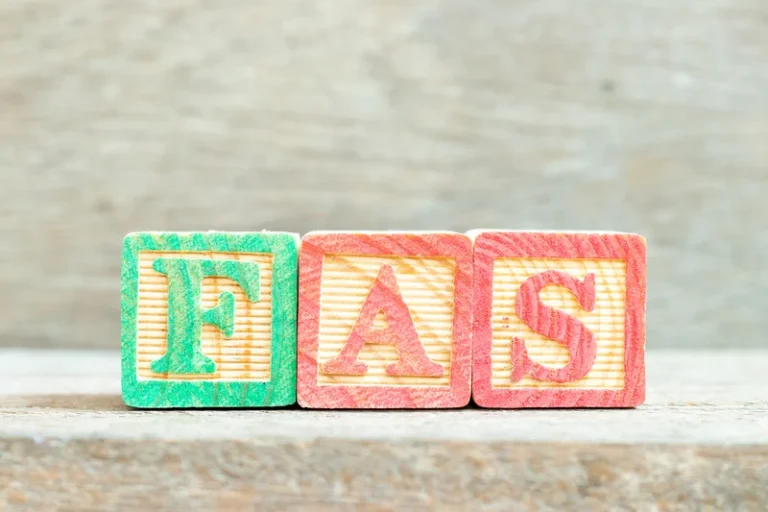
How Much Sleep Do Seniors Need?
It’s best to treat any co-occurring disorders with proper detoxing from alcohol use to avoid severe withdrawal symptoms. It’s does alcohol cause insomnia common for someone who’s alcohol-dependent to experience long-term sleep problems since insomnia and other sleep disorders are typical symptoms of alcoholism. For individuals living with chronic or even occasional sleep deprivation, it may be beneficial to try out various strategies for improving sleep quality. While medical techniques such as prescription sleep medicine may help improve sleep in the short term, having long-term solutions to improving sleep may be preferable.
Addiction Treatment
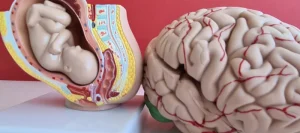
Alcohol has sedative properties that may help with sleep onset, allowing you to fall asleep faster. However, people who drink alcohol before bed often experience disruptions later in their sleep cycle. Though alcohol may help you fall asleep faster, it can disrupt the important REM stage of your sleep cycle, leading to lack of drug addiction sleep or sleep disorders like insomnia.
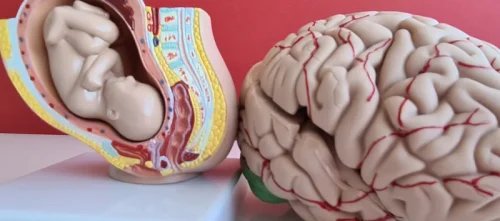
Can’t Sleep Without Alcohol? Issues With Drinking To Fall Asleep
Since becoming a nurse, Jessica has worked the night shift, which means a disrupted sleep schedule. Knowing she needed to function at her best while caring for patients at night, she spent a lot of time researching how to sleep well with a difficult schedule. Following the Dietary Guidelines for Americans, limit your alcohol consumption to moderate levels—up to one drink per day for women and up to two drinks per day for men. Alcohol can contribute to the development or worsening of PLMD, a condition characterized by involuntary limb movements during sleep, leading to disrupted sleep and daytime fatigue. Chester Wu, MD, is double board-certified in psychiatry and sleep medicine.
- However, those who regularly engage in binge drinking are far more likely than those who do not to have trouble falling asleep at night.
- Alcohol withdrawal insomnia is so common that it is one of the diagnostic criteria for alcohol withdrawal.
- In the short term, sleep deprivation may make it more challenging to emotionally self-regulate and can cause irritability and mood swings.
- For example, people with moderate or severe anxiety who use alcohol in hopes of sleeping better are actually more likely to have sleep problems.
Research also indicates that drinking alcohol makes a person more likely to experience a sleep-related eating disorder. The primary characteristic of these disorders is episodes of binge eating during the night. During these episodes, people tend to choose high-carb foods and foods that aren’t safe for human consumption, including raw meat. When your body is metabolizing alcohol while you’re asleep, you’ll experience more NREM sleep and less REM sleep than you otherwise would. Interfering with your body’s natural rhythms will result in lower-quality sleep overall and may even cause you to wake up throughout the night.
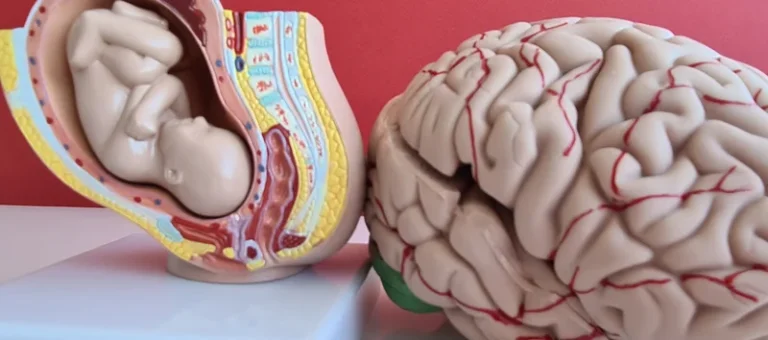
This should give the body enough time to metabolize the alcohol and get it out of one’s system, allowing them to enjoy unaffected sleep,” explains Dr. Hsu. Substantial evidence suggests that alcohol worsens symptoms of snoring and obstructive sleep apnea. These sleep-related breathing difficulties occur when soft tissues collapse and block the upper airway. In more serious cases, individuals suffer momentary lapses in breathing, followed by micro-awakenings that interrupt the progression of the sleep stages.



